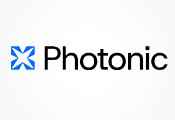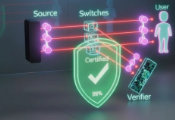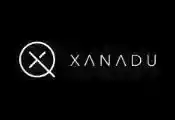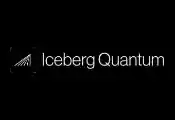France Advances Quantum Technology Export Controls under New EU Regulation Framework
February 26, 2024 -- France enacted a comprehensive national control list, directly responding to the emerging disruptive potential — both constructive and destructive — of quantum computing, along with associated disruptive technologies in both civilian and military realms, according to recent information from the French government and computer translated into English.
This step, taking effect the month following its publication in the Official Journal of the French Republic on Feb. 8, is in strict adherence to the European Union’s Regulation 2021/821 from May 20, 2021, which mandates a unified EU control regime over the export, brokering, technical assistance, transit, and transfer of dual-use items.
The French Minister of Economy, Finance, and Industrial and Digital Sovereignty, leveraging the EU Regulation 2021/821 and the 2001 decree on dual-use goods and technologies, detailed its procedure for the export authorization of the listed goods. This measure is pivotal in managing the export of quantum computing technologies, which have the potential to revolutionize fields ranging from cryptography to materials science, while also posing significant challenges to global security if misused, as stipulated in the regulations.
According to the government, the rules specifically addresses a variety of quantum technologies, including quantum computers that support a broad spectrum of fully controlled, connected and functional physical qubits. The detailed listings underscore the nuanced and potent capabilities of quantum computing, ranging from machines supporting 34 qubits to those with capabilities extending to 2,000 qubits, each tier with specified control error rates.
Responsive Image
It’s important to note that the attention to quantum shows the advanced state of quantum technology development and the necessity for comprehensive oversight.
Further, the regulation extends to components essential for quantum computing, including qubit devices and circuits designed for networks of physical qubits, as well as quantum control components and measurement devices, underscoring the breadth of technologies subject to export controls.
Officials report France’s regulatory approach represents a proactive stance in the quantum technology sector, emphasizing not only the importance of maintaining a competitive edge in the burgeoning field of quantum computing but also the imperative of ensuring these powerful technologies do not compromise global security. By delineating export controls specific to quantum technologies, France aligns itself with the EU’s broader objectives of safeguarding international security through the prudent management of dual-use technologies.
As quantum technology continues to evolve at a rapid pace, regulatory measures, like France’s, will play a crucial role in shaping the responsible international trade and development of these cutting-edge technologies.




































